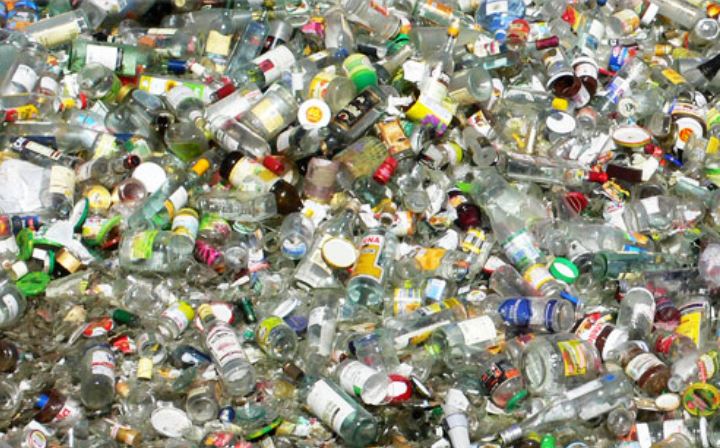A human rights organisation has expressed concern over the unchecked reuse of glass bottles in the local beverage industry, warning of serious health risks to consumers due to inadequate sanitisation and a lack of regulatory enforcement on proper recycling protocols.
Genesis for Human Rights Commission has faulted the Kenya Bureau of Standards (KEBS) and public health authorities for failing to enforce stringent measures to adequately regulate the reuse of glass bottles, which the organisation claims were being collected from unsanitary sites and reused without proper detoxification.
Speaking in Mombasa, the commission’s Programme Director Caleb Ng’wena, said that some bottling companies were distributing beverages in used bottles that have been retrieved from dumpsites and sewage-contaminated areas.
“These bottles are being returned to shelves without undergoing any verifiable cleaning, detoxification, or sanitisation process,” he said.
“This practice poses a serious threat to public health and undermines the public’s right to safe products.”
Ng’wena called for immediate government intervention to address the situation, including the implementation of public audits for all bottling companies, mandatory labelling of reused bottles, and tougher penalties for non-compliance.
The organisation further questioned whether the National Environment Management Authority (Nema) and other relevant agencies were involved in regulating the bottling process, particularly the handling and reuse of glass containers.
It also called for scientific studies to be conducted by KEBS to determine the safety of reused bottles currently in circulation.
“The traceability of these bottles is often compromised, with many passing through unhygienic handling points such as garbage collection sites and informal storage areas before being reused by licensed bottlers,” he said.
To enhance accountability, the commission proposed legislation that would require certification and traceability for every reused bottle.
It also urged the government to launch a public awareness campaign on the health risks associated with unsafe bottle reuse.
The commission has given notice that failure to act on the issue may prompt legal action and nationwide advocacy campaigns to pressure relevant agencies to take responsibility.
“This is a public health issue of national concern. Regulatory bodies must act swiftly to prevent further population exposure to avoidable health risks,” added Ng’wena.











